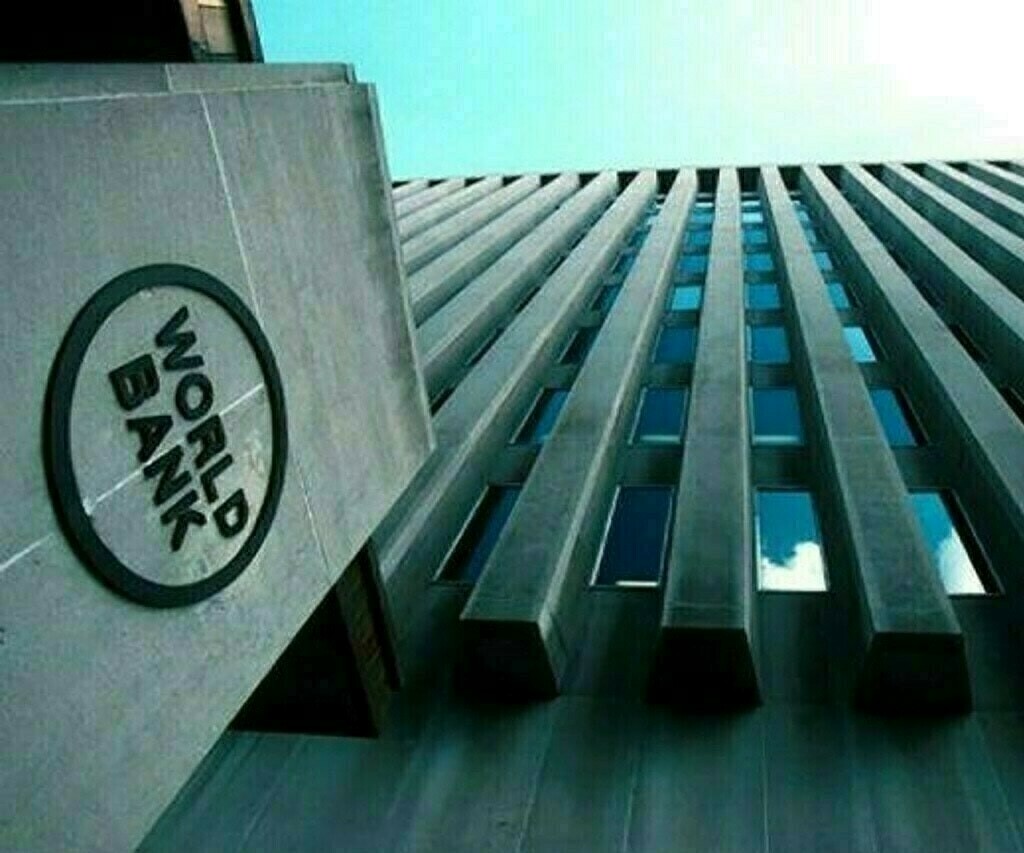Our Terms & Conditions | Our Privacy Policy
World bank: Pakistan wasting billions on outdated energy

The World Bank has released a new report focusing on Pakistan’s energy sector. The report highlights the urgent need for energy savings and carbon emission reductions across key industries. These include cement, steel, fertilizer, textile, and paper. The report encourages both the public and private sectors to take bold action.
According to the report, lack of information, policy support, and funding are major barriers to reform. It also states that technological feasibility issues are slowing down change. The World Bank suggests that with the right fuel changes and use of modern technology, industries can save up to 60% in electricity and cut carbon emissions by 13%.
The report reveals that many coal-fired boilers in Pakistan are 15–20 years old. Upgrading to modern gas-based boilers could save up to $2 billion annually. In addition, simply replacing older compressors could reduce energy use by 30–50%, especially in manufacturing.
The textile sector, a major energy consumer, uses the most power during dyeing and finishing stages. The fertilizer industry, meanwhile, depends heavily on natural gas, making it vulnerable to price hikes. The World Bank believes that if both government and industry act on these recommendations, Pakistan could overcome its energy crisis.
Finally, the report adds that implementing these changes would not only save energy and money but also help Pakistan reach its environmental targets. These steps are critical for creating a sustainable energy future and boosting industrial competitiveness.
Images are for reference only.Images and contents gathered automatic from google or 3rd party sources.All rights on the images and contents are with their legal original owners.



Comments are closed.